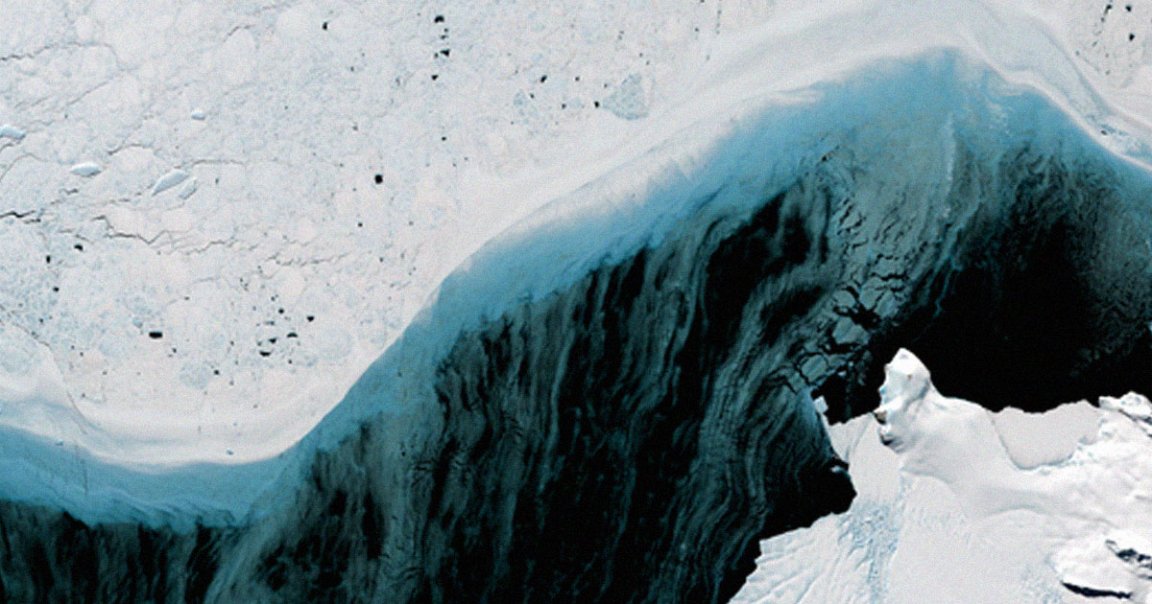
Bad Record
A grim report put together by representatives of the National Oceanic and Atmospheric Administration (NOAA) has revealed that Antarctic sea ice levels have reached a record new wintertime low.
Usually, the ice is expected to accumulate during the Southern Hemisphere’s winter season. But this year, data from the National Snow and Ice Data Center (NSIDC) tells a wildly different story — and unfortunately, it’s one of continued loss.
“In the midst of its winter growth phase, Antarctic sea ice has reached a record smashing-low extent for this time of year,” NOAA tweeted last week. “Sea ice extent is approaching a half a million square miles below the previous lowest extent, observed in 2022.”
It’s a concerning situation — especially considering the Antarctic already reached record-low summer levels back in February.
Four Texases
This year’s Antarctic wintertime sea ice levels fall nearly “one million square miles below the 1981–2010 average” and approach “half a million square miles below the previous lowest extent for the day, observed in 2022,” according to the NOAA report.
To put those figures into context, NSIDC science writer Michon Scott, who authored the NOAA report, offered a helpful comparison.
“Antarctic sea ice extent for June 27, 2023, fell below the previous record low for this date by nearly twice the size of Texas,” Scott wrote. “It fell below the 1981–2010 average for this date by nearly four times the size of Texas.”
Global Impact
These findings are especially troubling since Antarctica has generally proven more resilient in comparison to the Artic, which has conversely shown a “decades-long decline” in surrounding sea ice, according to the report.
Considering that ocean levels play a massive role in everything from global weather patterns to food systems, it’s a trend we should all be worried about.
“Antarctic sea ice’s current extraordinary behavior raises the question of whether this could be the start of a longer-term trend related to climate or ocean changes,” Scott wrote, “but answering that question will require more time, data, and research.”
More on Antarctica’s bad year: Scientists Send Robot under Doomsday Glacier, Alarmed by What It Found